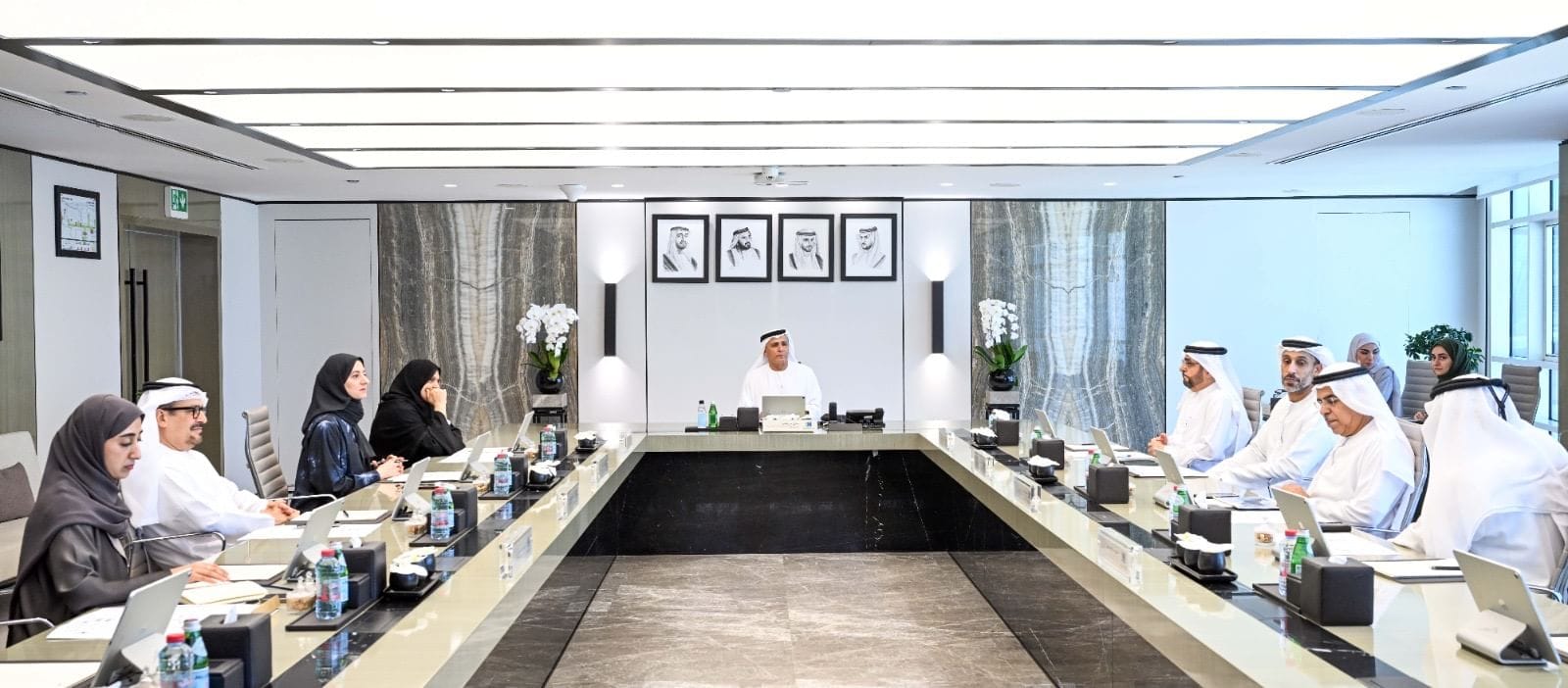The HBMSU Board of Trustees has approved the university's strategic plan for 2024-2026.

In the fourth meeting of the 2023/2024 academic year, the Board of Trustees of Hamdan Bin Mohammed Smart University (HBMSU), led by Mattar Al Tayer, approved the University’s strategic plan for 2024-2026. The plan, endorsed by the board members, focuses on five key pillars: improving institutional design and efficiency, enhancing student experiences, expanding the range of programs and courses, strengthening the university's identity, and establishing strategic partnerships.
The plan comprises 29 initiatives and three transformational programs. These include the creation of three new colleges in collaboration with local and international partners, forming an academic alliance with an international university, and establishing technical partnerships with leading global companies. The plan is informed by global studies and trends, pointing to the significant impact of advanced technology, artificial intelligence, and cloud computing systems on global advancements in the coming years, leading to substantial changes across diverse sectors.
During the meeting, the Board discussed the University's budget plan for 2025 and 2026, as well as its development initiatives. These initiatives encompass efforts to increase revenues, enhance the university's brand, improve marketing, and adopt new work methods to maintain the University's competitiveness and position in line with future trends. Additionally, the independent auditor's report for the year ending in December 2023 was reviewed.
Mattar Al Tayer stressed the Board of Trustees' commitment to advancing specialized educational and research programs, fostering creativity and innovation within the educational system, and reinforcing the University’s position as a leading institution for smart education and innovation globally. He also highlighted the strategic expansion of the University's presence in technology and artificial intelligence, deemed crucial for future digital transformation. These technologies are vital for improving efficiency, performance, and task completion speed, while enhancing decision-making processes and enriching customer experiences.
